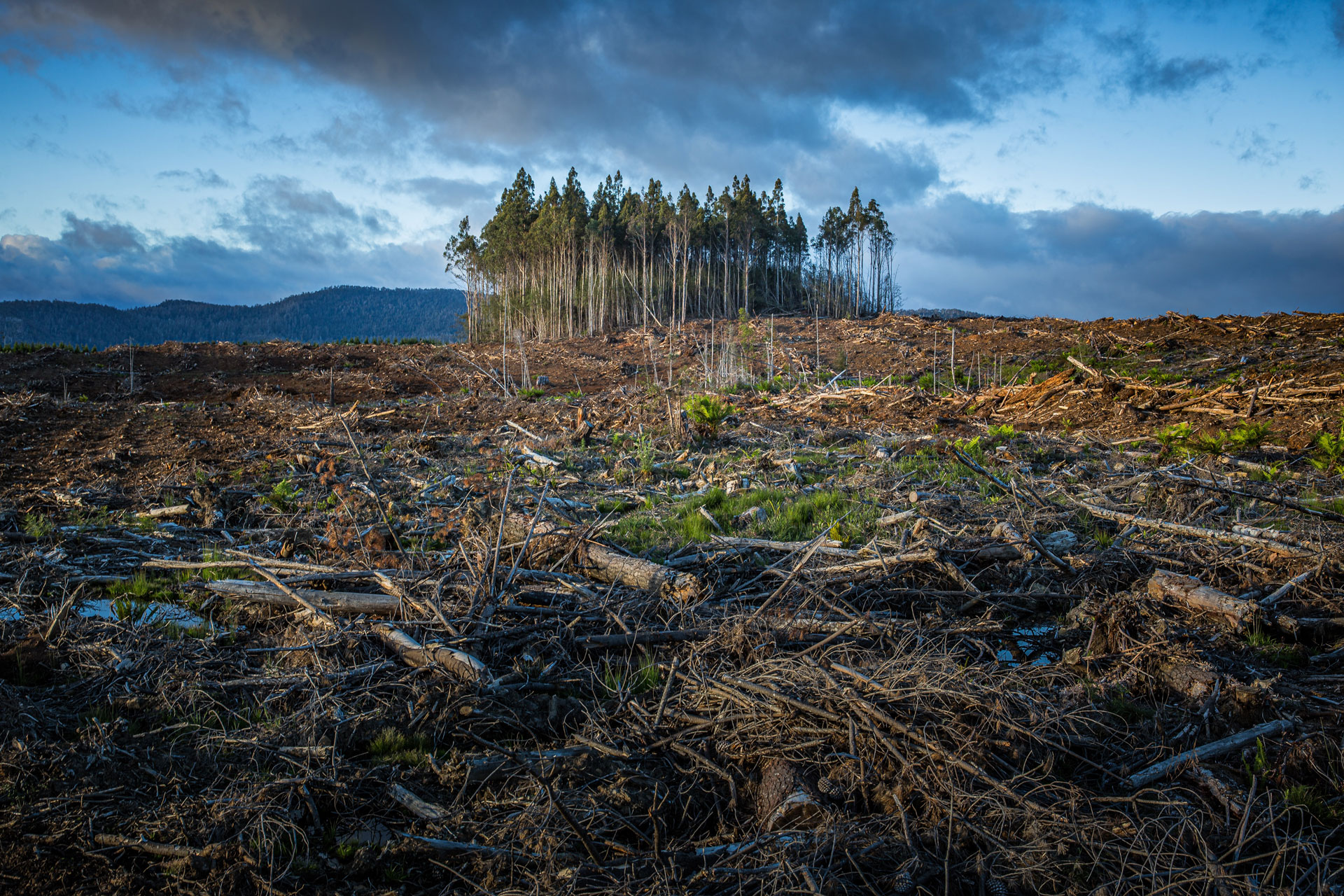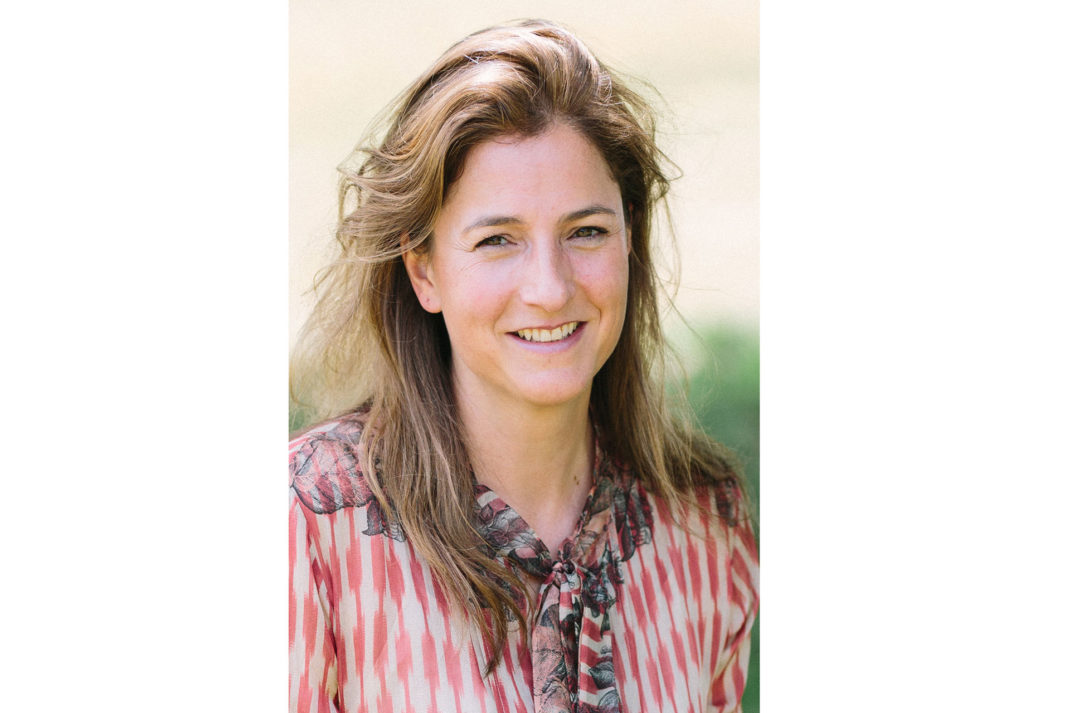
- HOME
- CULTURE
Women in Climate Change: Bianca Pitt
'In every one of us is a founder. We can set things up, so don't think that you're powerless. Don't think that no one will listen.'
By | 2 years ago
Women in Climate Change: Bianca Pitt
As the founder of She Changes Climate, Bianca’s sole ambition is to ensure there’s fair representation of women when it comes to leadership roles for tackling the climate crisis. She tells Lucy Cleland how she became an unlikely activist.

How did you arrive in the role as campaigner that you hold now?
My journey really as an environmental campaigner, activist and founder, started when I became a mother, and had time to ask questions that weren’t just evolving around work, but actually this little human being that I had been put in charge of. The more questions I asked about where her food came from, what was in air that she was breathing, the more I realised that this child had been born into a very polluted world. Then looking at the bigger picture, the warming climate, the loss of biodiversity, so we are losing plants and animals at a very fast rate, we’re in the midst of mass extinction. I realized that the future for this child did not look rosy, and certainly wasn’t what I had wanted for this child at all. Therefore, I decided to put work [in corporate finance] on hold as I knew it. And to instead, really focus my experience and use my network to mitigate what I found was happening, and to really focus on trying to achieve some change
How did you get involved with the feminist angle of climate change?
I’m really privileged. I’m white, I live in the West, I’m educated. I’ve been lucky, very lucky. If you look at what happens elsewhere around the world, oh my goodness. Very quickly, the picture changes and you realize as a woman, you’re at a big, big disadvantage.
Interestingly, then looking at this whole question around gender equality. Now, we’ve known about the need for gender equality for decades, absolute decades. The UN has teams of people working on this. The various organisations out there, who’ve pointed out, there’s a body of research on how important women are. Also, the matter that that and girls are the first victims of climate change, and certainly COVID, which is a side effect of the crisis we’re in, has shown that women are really thrown back when it comes to a time of crisis.
But, despite all of us knowing that it’s better to have women on board and that diversity makes everything better and more successful, we haven’t really set the decisive action to actually bring women in. Women are still in the single digits. I’ll give you some examples. Only 7% of FTSE 100 CEOs are women. Only, I think, 2.3% of VC funding goes to women-led teams. Only a quarter of the world’s parliamentarians are women. They are just underrepresented absolutely everywhere. Once you look closer, that’s certainly what happened for us. We didn’t just shine a light on a topic, we opened a can of worms.
That is what we’re calling for, 50:50 vision. That means co-leadership between men and women. Because you wouldn’t sail the world with one eye firmly patched up if the waters are choppy, why would you hold international climate negotiations with women missing? It just doesn’t make any sense.
Are you fundamentally a campaigner or an activist?
We started this very much as a campaign. If you’d said to me, ‘Oh, Bianca, you’re going to be running a campaign’ a year and a half ago,’ I would not have believed you. But my activism was very much boardroom level, strategic advisory group type.
You’re not out on the streets?
I have gone to one demonstration, Fridays for the Future demonstration, and I have to say, I felt deeply ashamed for our generation. I felt that we were completely letting down young people, and it was shambolic that they had to be on the streets. Where were the parents of these people? Where were the grandparents? You know, we have to change things today. We can’t leave it to the next generation, that they have to even take to the streets shows how lazy we’ve been as a generation dealing with this. The mess that we certainly inherited to some degree, so we haven’t just caused this. Generations before us, ever since we’ve industrialized, we see emissions rising, but our generation has been living the high life in every way, and it’s now time that we take responsibility and don’t leave a mess behind, but actually tidy up.
What’s next for COP27?
More positions for women at COP27. Women don’t shy around making difficult decisions. Even if they’re unpopular, we are very practical, we just have to get on with it. What I would expect is a roadmap to 2030, setting out the action that has to be taken over the next years, leading up to 2030. We can’t talk about a race to zero by 2050. That’s completely mad. Climate scientists say that we are reaching a point of, and will reach a point, of permanent so-called climate chaos by 2030, meaning it’ll be too hot to let our children go and play outside. We will have permanently extreme weather events. What does it mean to us as a planet? Well, so far, all our security and lives, ordinary life, depend on bizarrely, the weather. If we are constantly plagued by droughts, storms, et cetera.
How do you unwind?
Well, I just, I went outside, I live on a farm in a national park. I’m very lucky. We’re setting up a regenerative farm in the South Downs National Park in the UK, which is a joint venture with a young couple. I’m hugely enjoying this, I have to say. That’s my practical, creative outlet in a way. We also decided we had to do something, practically. Also, by getting some land, turning it over back to wildflower meadows, because 98% of wildflower meadows have disappeared from the UK, unfortunately. We almost have none left.
People often ask: ‘What can I do? I feel so powerless?’ What are your three things to tell your friend down the road?
Some people aren’t aware and it’s a journey for everyone. I definitely sometimes feel a little bit frustrated with people. If people want to do something, one suggestion is to reach out and just join a local group. I think that’s a really great idea. There are plenty of people in the community who care for this and to find like-minded people is fantastic. I set up a group myself a WhatsApp group, just connecting people, setting up a network. That, for me, was just wonderful, so enjoyable, so rewarding, because I saw I wasn’t on my own. I wasn’t the only one who cared, there are other people out there who care deeply, deeply about this and also do things practically.
I would say generally if people feel powerless, in every one of us is a founder. We can set things up, so don’t think that you’re powerless. Don’t think that no one will listen to you. That’s what I thought when I set off on this journey. Now, people ask me to speak and I’m extremely busy. It’s perfectly possible. You don’t have to be a rocket science to do this. Anyone can do this, I promise.
MORE WOMEN IN CLIMATE CHANGE
Main image: Unsplash



